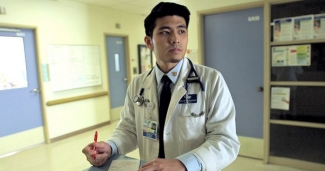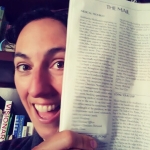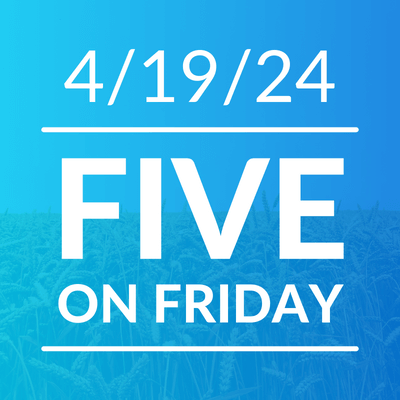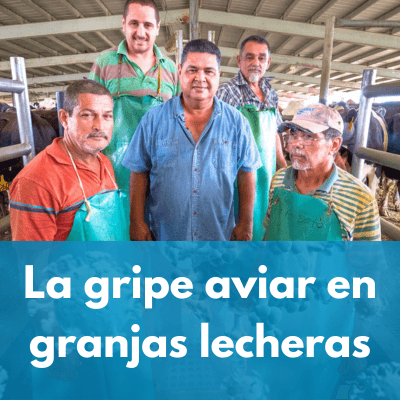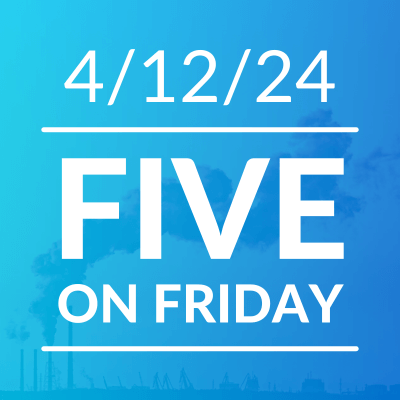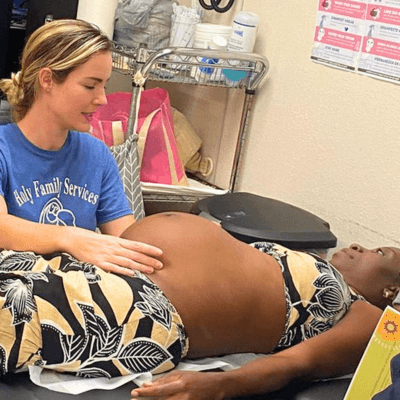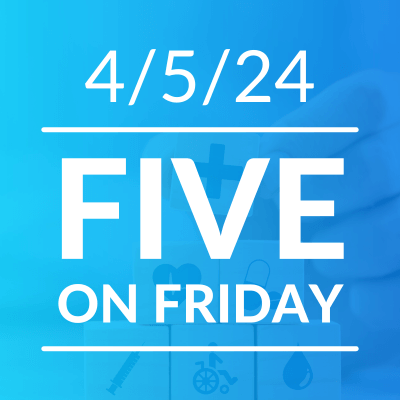For DACA Med Student, The Path to Becoming a Clinician for the Underserved is in Jeopardy
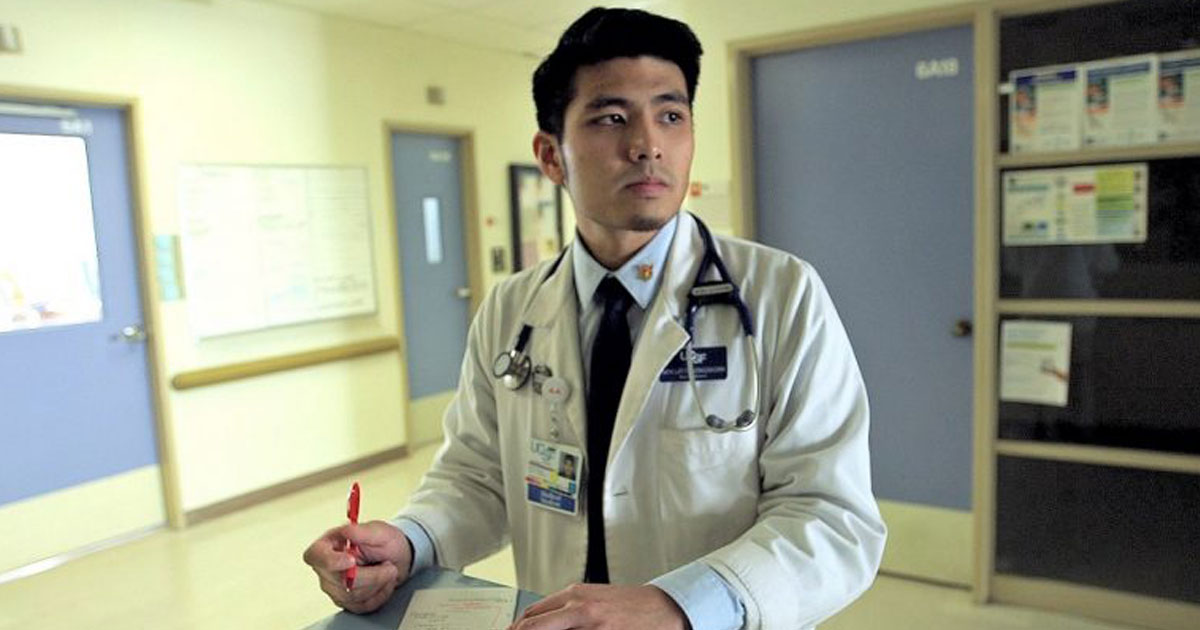
Jirayut “New” Latthivongskorn at San Francisco General Hospital. Photo: Jirayut Latthivongskorn
One month ago today, Attorney General Jeff Sessions announced a March 5th, 2018 end of Deferred Action for Childhood Arrivals (DACA), an Obama-era program that provided temporary legal status to immigrants who were brought to the US as children without status. Jirayut “New” Latthivongskorn was attending his second day of classes at Harvard School of Public Health when the announcement was made. Latthivongskorn had just begun the Master’s program in Public Health, a shift from his work toward a medical degree through the University of California, San Francisco, where he’s part of UCSF’s PRIME-US program, a five-year track for medical students wishing to focus on underserved communities. After the one-year program at Harvard, he has one more year at UCSF, with a graduation date of spring 2018 with a dual MD-MPH.
He’s also a DACA recipient, one of many currently studying medicine, comprising a diverse and culturally competent workforce that could ease America’s primary care clinician crisis -- if they were permitted to practice medicine. Without DACA, it’s not possible.
“We’re going to be quite affected,” Latthivongskorn believes. “While other professions can find ways [to work] as an independent contractor… it’s very unlikely that health care folks would be able to do that,” due to certification and regulations around medicine, said Latthivongskorn, who came to Fremont, California from Bangkok, Thailand when he was nine. Many medical students come from rural communities as he did. “Many have parents who are migrant agricultural workers,” he noted,. When they become clinicians, DACA recipients from low-income agricultural worker families better understand the cultures of rural agricultural communities and their day-to-day reality, and how that affects community members’ health. “They are able to relate and connect and preemptively understand the challenges that patients face,” Latthivongskorn explained. He offered an example from his recent pediatrics rotation at San Francisco General Hospital. He discovered that a young patient with asthma had arrived as an unaccompanied minor just seven weeks prior. With that information, Latthivongskorn expanded the conversation in the exam room to ensure his unique health needs were met -- and to let him know about opportunities he could take that he might not have been aware of. “Through the public health lens, we understand that there are social determinants of health that can come back around to impact health,” he said. If the patient didn’t see a clinician tuned into these concerns, “they may not have known to make those connections.” DACA recipient clinicians, who grew up without documentation, are better equipped to recognize and address the health concerns that arise around poverty, documentation status, and other concerns, that many doctors might not be able to understand.
Latthivongskorn’s own childhood story reflects the upbringing of many DACA recipients. His business-owning parents were unable to find sufficient work after the crash of the Thai economy in the mid-90s. Without the prospect of education for the children -- quality schools in Thailand are private and costly -- his parents decided to bring the family to the US. His parents worked long hours, pursuing whatever work they could get, with the goal of giving their children good educational opportunities.
“For me, the root of my motivations for pursuing a career in medicine has to do exactly with my lived experiences, in a marginalized community, growing up in America [as] an undocumented immigrant, and low-income,” Latthivongskorn explained. He recalled limited to no access to health care. “We didn’t have preventative care, and we didn’t know how to access it,” he described. When his mother fell ill while Latthivongskorn was in high school, he found himself navigating the health world, attending to her in the hospital, dealing with insurance on her behalf. The night after her surgery, as Latthivongskorn sat with her watching her struggle with allergic reactions to the pain medication, he began to question: “What else can I do?”
“I was helpless in that moment in the hospital room,” he recalled. He remembers his thought process: “Maybe if I did go into health care, I would have been able to not feel as helpless.” As he pursued his medical career, he began to network with other DACA recipients. While an undergraduate student at University of California, Berkeley, he co-founded Pre-Health Dreamers (PHD), a network of DACA recipients currently pursuing medical degrees. The group builds community, works on advocacy projects, and provides cohesion, peer support, mentorship, and resources to the many medical students across the country who have been able to study because of DACA.
“DACA changed the conversation,” Latthivongskorn emphasized. “Health and science careers have the unique challenge that there’s more regulation. Because of DACA, medical schools felt more comfortable accepting students. Immediately, [PHD] had an answer every time a school had a question whether someone could finish residency.”
It also gave Latthivongskorn an outlet to discuss the added pressures of being a DACA recipient working toward a medical degree, in which students don’t have the luxury to give full attention to their studies.
When Sessions' announcement to rescind DACA came, “I was setting myself up to be the best student I could be. But the reality of being undocumented is that, quite honestly, whether or not I’d like to say, ‘I’m not going to be involved at all and just be a student’... for me, the fight is brought to me,” he explained. Now, he says, it’s all hands on deck. “This is the time when there could be some historic changes…. I’m running around jumping on conference calls and doing organizing work.” He’s also suing the Trump Administration, along with five other DACA recipients in various professions -- a lawyer, an educator, a teacher. The filing contends that the decision to end DACA was done so without administrative procedure and will violate due process.
“What we’re spelling out loud and clear is what is at stake, and what would happen if DACA is rescinded. I won’t be able to finish training, to do my residency. Those I could help and serve will be missing out on that,” Latthivongskorn said. Although exact numbers are unavailable, possibly hundreds of other DACA medical school students will be in the same situation. Latthivongskorn counts between 80 to 100 medical school students benefiting from DACA who are studying this academic year; PHD has a mailing list of over 700, some of whom are pre-med and med students, others who are studying to become other types of health professionals, and still others who are allies.
None will be able to practice medicine without legal status, despite many wishing to go into primary care. While the US continues to face a serious shortage of primary care physicians, those currently working in primary care report overwork, underpay, and high levels of burnout. Needless to say, communities suffer when doctors are unavailable and overworked; the exclusion of community For Latthivongskorn, he remains optimistic.
“The plan was and is if all goes well to continue to residency. Personally, I’m interested in applying to internal or family medicine,” with a career focused on clinical work but with room for involvement in policy work as well, focusing on access or health care delivery systems, he said. “I do believe that will keep me grounded and keep my work grounded every day. It’s very easy to get disconnected when we lose that pulse to the community.”
Learn more about Pre-Health Dreamers at http://www.phdreamers.org.
Like what you see? Amplify our collective voice with a contribution.
Got some good news to share? Contact us on our social media pages above.
Return to the main blog page or sign up for blog updates here.
- Log in to post comments
